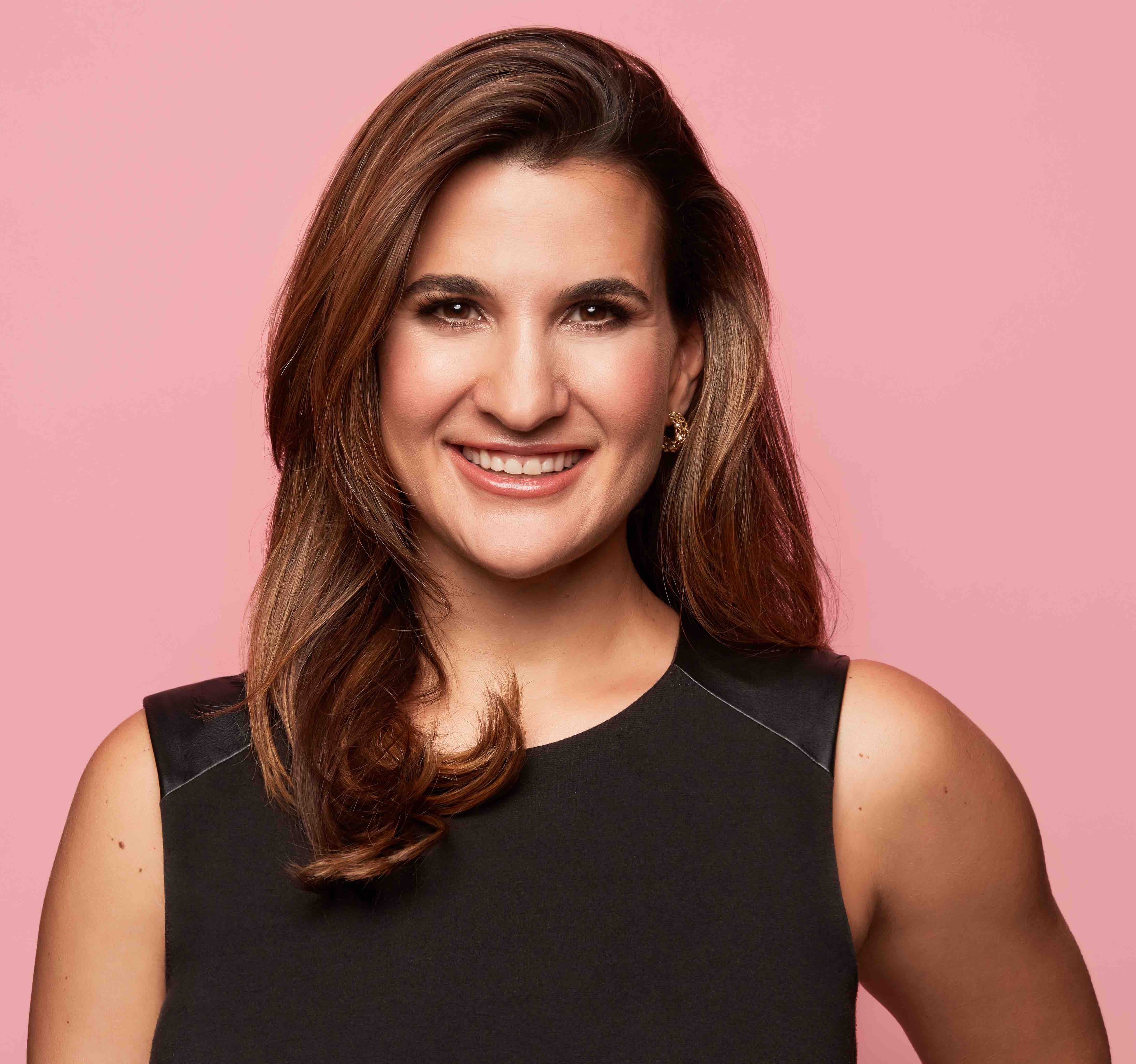Transitioning from Operator to Investor with Rachel ten Brink
- 0.5
- 1
- 1.25
- 1.5
- 1.75
- 2
Intro: Welcome to The Daily Bolster. Each day we welcome transformational executives to share their real- world experiences and practical advice about scaling yourself, your team, and your business.
Matt Blumberg: Welcome to The Daily Bolster. I'm Matt Blumberg, I'm the founder and CEO of Bolster. And with me today is Rachel ten Brink, General Partner of Red Bike Capital, a Latinx, and woman- led venture capital fund. Good to see you, Rachel. Thanks for being here.
Rachel ten Brink: Hi, I'm thrilled to be here.
Matt Blumberg: So before you started Red Bike, you were an operator for your whole career. What were the last one or two roles you had?
Rachel ten Brink: So I spent about 15 years building billion- dollar brands. I was at L'Oreal and Lauder and Elizabeth Arden. And then in 2014 I co- founded a Y Combinator backed e- commerce startup called Scentbird.
Matt Blumberg: Okay. And then you decided to make the transition to the dark side, to the investor side, during the pandemic. You're raising your first fund. And I would love to hear today three things you've learned along the way as you're making the transition from operator to investor.
Rachel ten Brink: Sure. So the first thing I would say is now that I'm on the VC side, you really fully appreciate how much VC starts off as a volume business, and that the reality is most startups will not be a fit. I think that it's really helpful to remind founders that 99% of time it will not be a fit. A lot of times, it has nothing to do with you. VCs only know what they know, so it might be because they have a limited vision of the opportunity, it might be because it doesn't fit into their portfolio.
Matt Blumberg: So you have a huge sales funnel too, it turns out.
Rachel ten Brink: Exactly.
Matt Blumberg: Okay, so that's a good first one for operators to keep in mind. What's number two?
Rachel ten Brink: I think the second one is VC looks awfully sexy from the outside, it's really not. I think there's two sides to it. There are the emerging managers like myself, and we're startups ourselves, and then there are the larger funds where VCs have to deal with tons of politics and levels. So just understand the dynamics from the VC side. I think the other thing that's really important is to be really selective about whose advice you take. A lot of VCs don't have operating experience and are great at giving you generalized experience. And my advice is to always say thank you, but use your own judgment, learn everything there is to learn, but also filter it through. So that would be my advice, number two.
Matt Blumberg: And it is true, more and more of the new managers now are people with operating experience, but I'm not sure that's been historically the case.
Rachel ten Brink: Absolutely.
Matt Blumberg: So good to have that filter. And okay, and what's number three?
Rachel ten Brink: Number three, I think it's really important to understand that as a VC, it's as much luck as it is systems and hard work. And so in reality, for my fund, generally VCs, it's like we need one out of 10 to really work to make the fund work. The flip side of that is if you're a VC founder, if you're a VC- backed founder, you got one shot at this, that's your one baby. So you have to just understand the dynamics. VCs are investors and they expect outcomes and returns. As much as I would like to help everybody, I'm not running a charity. I know it sounds harsh, but I'm looking for returns. But at the same time, I'm excited to partner with founders that are changing the world. And that's where the magic comes from, that's what drives me every day. So I just think it's important for founders to understand that dynamic.
Matt Blumberg: Those are three great learnings. Last question. What are you looking for? Just so all the founders watching this can figure out whether they're a potential fit for you.
Rachel ten Brink: Great. So we invest in early- stage US- based companies across fintech, SaaS and health and wellness.
Matt Blumberg: And anything other than that, focused on underrepresented founders or come one, come all?
Rachel ten Brink: So the way I always say is we look for the best founders, period. Now, having said that, obviously I'm a woman, I'm a Latina, I strive to always give everyone a fair shake and it's very much represented in our investment portfolio.
Matt Blumberg: All right, Rachel ten Brink, thank you for joining us.
Rachel ten Brink: Thank you.
DESCRIPTION
Before starting Red Bike Capital, Rachel ten Brick spent 15 years building billion-dollar brands. She co-founded a Y Combinator backed startup called Scentbird, and made the transition to the investor side more recently.
Rachel is sharing three learnings from her transition from operator to investor. This episode is a great listen for operators looking for a window into the world and perspective of VCs.
Today's Host

Matt Blumberg
Today's Guests


